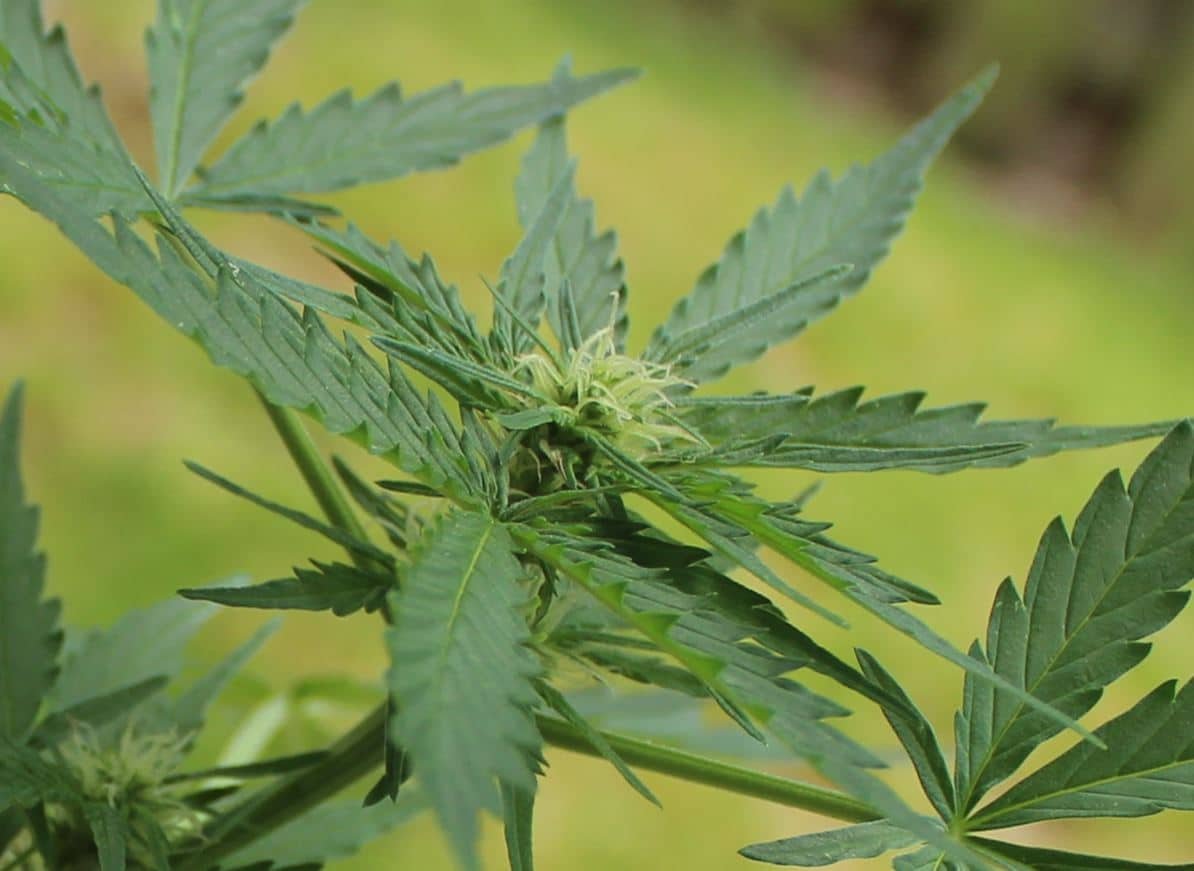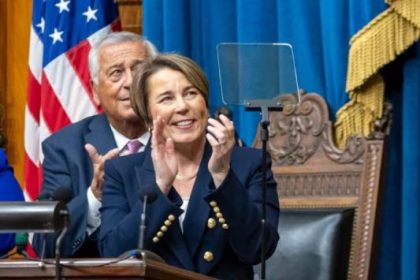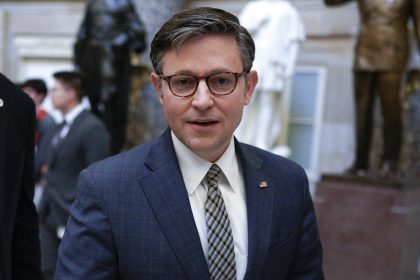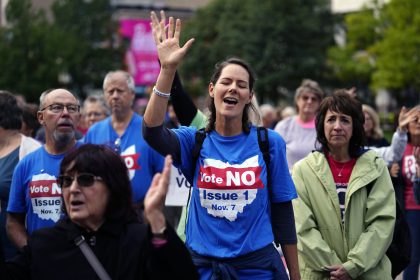HHS Said to Recommend Easing Federal Restrictions on Cannabis

WASHINGTON — Officials at the Department of Health and Human Services are reportedly recommending the easing of restrictions on cannabis, a move, if approved by federal law enforcement, that could usher in a new era for the burgeoning though still semi-illicit industry.
The suggestion, initially reported by Bloomberg, was relayed by HHS to the Drug Enforcement Administration in a letter sent to DEA Administrator Anne Milgram on Aug. 29.
According to the report, federal health officials are calling for cannabis to be reclassified as a Schedule 3 drug under the Controlled Substances Act.
At present, cannabis is classified as a Schedule 1 drug, making it illegal to sell or possess any amount of it under federal law.
This has significantly complicated life for the entrepreneurs who have started cannabis businesses in the wake of 23 states and the District of Columbia enacting laws regulating the nonmedical use of cannabis and a total of 38 states that have some kind of medical cannabis programs in place.
Among other things, the federal classification has made it impossible for states to tax cannabis earnings, and for banks to offer these businesses their services.
In October 2022, President Joe Biden directed HHS Secretary Xavier Becerra and Attorney General Merrick Garland to review how cannabis is scheduled and whether that scheduling actually makes any sense.
The HHS proposal, reportedly made by Assistant Secretary Rachel Levine, would state that cannabis has a “moderate to low potential for physical and psychological dependence.”
An HHS spokesperson confirmed a letter with the agency’s recommendation was sent to the DEA on Tuesday, and the DEA has confirmed its receipt.
Beyond that, administration officials are not commenting on its contents.
That didn’t stop Senate Majority Leader Chuck Schumer, D-N.Y., from applauding the move on Wednesday afternoon.
“HHS has done the right thing and DEA should now quickly follow through on this important step to greatly reduce the harm caused by draconian marijuana laws,” Schumer said in a written statement.
“While this is a step forward, there is still much more that needs to be done legislatively to end the federal prohibition on cannabis and roll back the war on drugs. I am committed to continuing to work in Congress to pass important marijuana legislation and criminal justice reform,” he said.
Sen. Ron Wyden, D-Ore., chairman of the Senate Finance Committee and a longtime advocate for legalization, also weighed in.
“Ultimately, I believe that cannabis should be descheduled with strong federal regulations put in place to protect public health and safety — that’s why I introduced the Cannabis Administration and Opportunity Act with Leader Schumer and Sen. Cory Booker, D-N.J.,” Wyden said in a statement of his own.
“However, the recommendation of HHS to reschedule cannabis as a Schedule 3 drug is not inconsequential. If HHS’ recommendation is ultimately implemented, it will be a historic step for a nation whose cannabis policies have been out of touch with reality,” the senator said.
“At long last, barriers to much-needed research will be lifted and the inequitable 280E tax provision thrown in the trash can so that states’ legal cannabis businesses will no longer be treated like criminals and can deduct their business expenses just like any other small business,” he continued, adding, “Progress cannot stop here.
“The administration and my colleagues in Congress must do more to bring America’s cannabis policy into the 21st century, catch up with the states, and help undo the decades of harm caused by the failed war on drugs,” Wyden said.
Aaron Smith, CEO of the National Cannabis Industry Association, said in making its recommendation — which still must be adopted by the DEA and approved by the attorney general — the department is finally acknowledging decades of scientific data suggesting Schedule 1 status is inappropriate, but suggested it doesn’t go far enough.
“Moving cannabis to schedule 3 could have some limited benefit but does nothing to align federal law with the 38 U.S. states which have already effectively regulated cannabis for medical or adult use,” Smith said. “The only way to fully resolve the myriad of issues stemming from the federal conflict with state law is to remove cannabis from the Controlled Substances Act and regulate the product in a manner similar to alcohol.”
He went on to note that “the vast majority of Americans live in states with laws that depart from federal law on this issue and where thousands of regulated Main Street businesses are serving the legal cannabis market safely and responsibly.”
“It’s long past time for Congress to truly harmonize federal policy with those states,” Smith said.
Dan can be reached at [email protected] and @DanMcCue
























